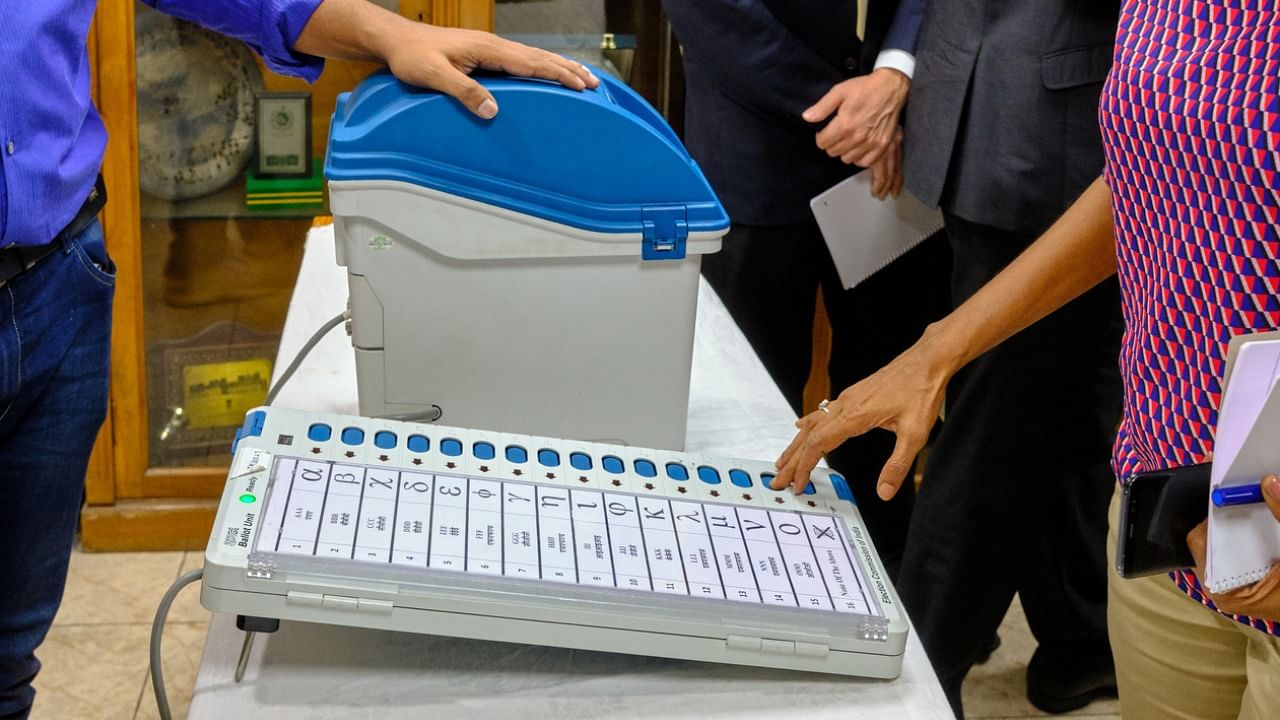Two of the world’s largest democracies, the United States and India, are at the crossroads. Both democracies are threatened for various reasons. It is time to introspect the course that we are headed on. A lot has been written and talked about the US and Indian democracy. But we need to analyse, simplify and devise solutions for the foreseeable future.
I have lived and practiced as an Oncologist in the United States for 28 years and then came back to India and established multiple cancer centres in urban and rural areas and women empowerment movements. The US has a presidential system, where one can win maximum votes and still not be the President owing to the electoral system in the representation for each state. India follows a parliamentary route based on the UK model of parliament, where elected representatives elect the prime minister.
In the United States, from what we have seen in the Trump administration and the accusations of fraud, have led a significant number of people to believe that elections are not fair, as alleged by Trump supporters. So why is there a doubt about fair elections which in a way doubts democracy as an institution? It is primarily because, in the United States, the white population feels threatened. Now, when the minorities are a minority, there is a certain level of acceptance. But when they start taking control or become a threat gaining power, the majority in the society does not accept it like what we saw under Jim Crow law in the US.
Misleading information creates voter suppression that confuses the majority. The January 6 Capitol Hill attack is a testimony to this restlessness. Fake news leads to disturbance, anarchy and eventually violence. The concern here is that the January 6 riot may be the beginning of the prolonged battle for power, even if it is in the name of pro-democracy. It could certainly lead to a breakdown of democracy in various ways. When I reflect on my 28 years stay in the US, there was racism, but it was simmering and masked. During Trump’s reign, he unmasked it and brought it out into the open.
All the leaders must put their efforts together to strategise long-term goals to safeguard and ensure healthy democracy in the US. Unfortunately, the division is so high that this seems unlikely to happen soon. It is left to the public to reflect and decide what is good for the nation. That is the message we hope the present administration will send strongly.
In India the situation may not be different. While there is a good parliamentary system, the Hindutva movement has disturbed it by creating a divided population. India has always been a secular country holding a cordial relationship between the majority and the minorities. The question is not about what is right or wrong; it is about how the prevailing situation hurts the country. Apart from this, the most disturbing thing is autocracy.
While democracy seems to be on paper, one is not sure if it is real democracy. It appears to be a more autocratic democracy where people are apparently being jailed for talking against the government.
It is indeed disturbing with even social media laws are being relooked in India to ensure nothing is said against the government. This is touching the fundamentals of democracy in a country like India, which guarded it for many decades. It is time for people to raise their voices to create better awareness for the public at large.
Again, like the US, it is time, even in India, that people's voices are crucial to save democracy. How do we create better awareness about the public at large? Unlike the United States, there is no voter suppression in India. The election is very transparent, but votes are cast based on creed, caste, and corruption.
How do we change this and educate people to understand the value of their vote? This is a crucial task in our hands, and the time is now to attempt to change. I hope we have learned lessons from the previous world wars, unhealthy disturbances and civil wars. Having seen both the democracies (The US and India), the threat to the world today is not external but appears to be from within and it is a time to introspect.
(The writer is Executive Chairman, HealthCare Global Enterprises Limited)
